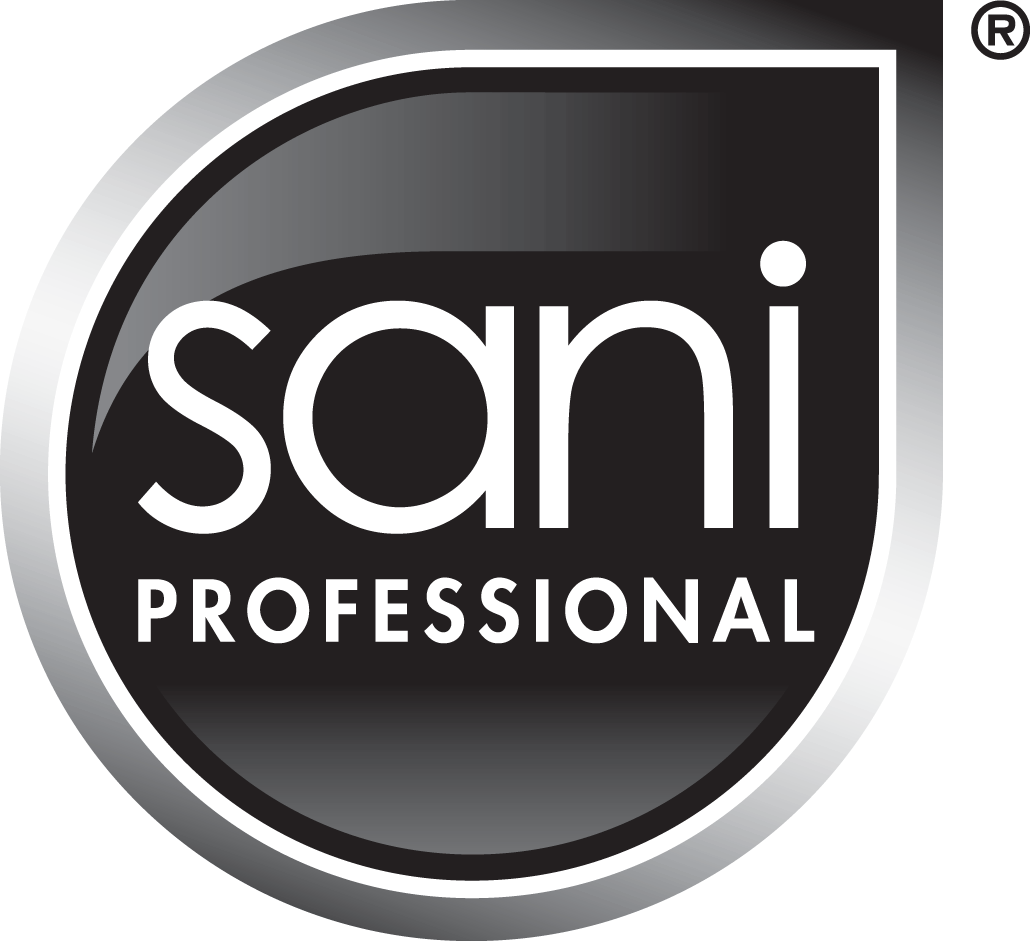
Owning a restaurant or foodservice business today comes with a lot of responsibilities and challenges, from staying on top of culinary trends to following changing food safety regulations. The food industry is one of the heaviest regulated, on a federal level by the Food and Drug Administration (FDA) as well as on a state and local level. Given the prevalence of health issues in the industry – one in six Americans suffer from a foodborne illness every year according to the Centers for Disease Control and Prevention (CDC) – this is not surprising.
To make sure a restaurant or food establishment adheres to the right safety rules and standards, most states require some degree of food safety training and licensing for operation. This helps ensure commercial kitchens are educated about cleaning, sanitizing, and disinfecting protocols, the prevention of foodborne disease[NM1], and proper hygiene for food employees. The aim is to create standardized practices to mitigate or eliminate food safety mistakes and establish a safe and healthy environment for customers and staff.
Training can also provide best safety practices for commercial kitchens, including three-level cleaning processes and effective disinfection, as well as the use of convenient products that kill 99.99% of foodborne bacteria and pathogens.
Food Handler and Food Manager Certification
Regulations vary by state, but in general, there are two types of licenses for restaurants and foodservice establishments. A food handler certification is issued to those who prepare, handle, or serve food. Food handlers must complete specific food safety training courses and pass an examination on food safety topics to receive a license.
Many states also make it mandatory for one or more workers at a food service business to have a food manager certification. These are geared toward employees who have supervisory or higher responsibility positions in the business, which requires more rigorous training.
Regulations vary by state, but in general, there are two types of licenses for restaurants and foodservice establishments. A food handler certification is issued to those who prepare, handle, or serve food. Food handlers must complete specific food safety training courses and pass an examination on food safety topics to receive a license.
Many states also make it mandatory for one or more workers at a food service business to have a food manager certification. These are geared toward employees who have supervisory or higher responsibility positions in the business, which requires more rigorous training.

General Food Safety Protocols
Keeping a restaurant’s front of the house clean and organized is essential as it’s where guests make first and lasting impressions. The entranceway, dining area, and other heavy-trafficked, high-contact areas need to be thoroughly and regularly cleaned and sanitized to reduce the spread of germs and illness.

- Food handlers must wear clean, adequate clothing as well as gloves and hair coverage while preparing food.
- Handwashing must be frequent and thorough. Soap, water, towels/hand-dryer, and/or hand sanitizer wipes should be available near workstations.
- Food handlers must regularly clean and disinfect a variety of products. For effective and convenient use, cleaning wipes can remove the visible soil on nonporous food-contact surfaces. Sanitizing wipes can reduce the number of viruses, bacteria, and fungi on surfaces. Disinfectants will kill 99.9% or more of disease-causing microorganisms and pathogens on surfaces.
- Employees must keep personal belongings away from food and food preparation surfaces.
Food Safety Certification Requirements by State

While the FDA provides federal food safety guidelines, many states and local governments also have regulations to which restaurants must adhere. Restaurant owners and food managers need to clearly understand and navigate the different types of food safety certifications and requirements mandated for each state in which they operate.
Navigating the myriad of regulations for maintaining a safe and sanitary restaurant is critical and challenging. Requirements and rules for food safety certification not only vary widely for each area but may also change from time to time. For best practices, restaurants should always consult with local health authorities prior to launching or making changes to their business.

